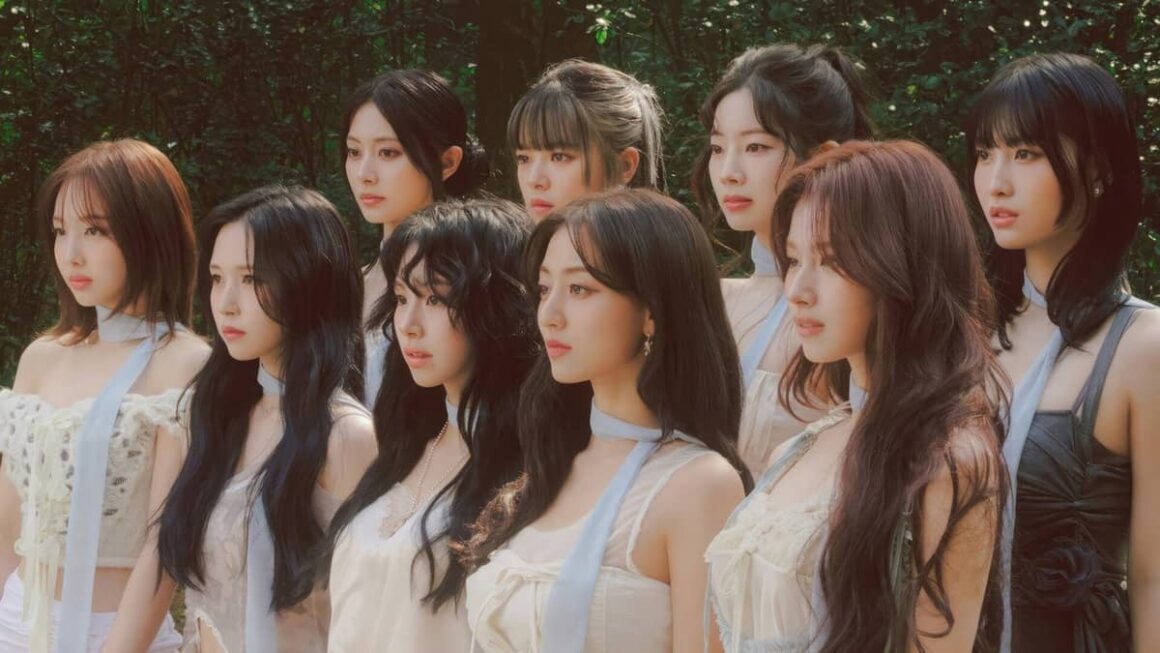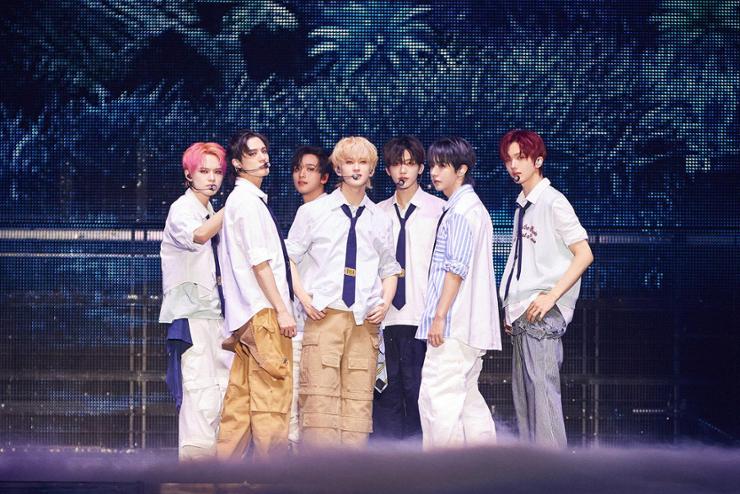K-pop’s global expansion is changing the sound and style of the genre. As K-pop groups like BLACKPINK and TWICE release more music in English, the question arises: Is this still K-pop?
Rosé, a member of BLACKPINK, made her solo debut this fall with rosie, an English-language album. Her lead single, “APT.” featuring Bruno Mars, highlights the shift towards English music in K-pop.
Similarly, TWICE released an English mini-album, including the track “Strategy” featuring Megan Thee Stallion.
While both groups have released English songs before, these new releases feel more like mainstream American pop than traditional K-pop.

K-pop has always blended global influences, but it’s now becoming more Americanized. For years, K-pop has been different from Western pop, with songs that mix American styles with Korean culture.
But as K-pop grows in popularity, many artists are releasing music specifically for the American market.
This shift can be seen in the work of BLACKPINK’s Jennie and Lisa, BTS’s solo projects, and other K-pop groups like NCT Dream, who have released songs in English.
The rise of K-pop in the West is partly due to platforms like TikTok, which help spread K-pop globally.
However, some worry that as K-pop becomes more mainstream, it may lose its unique charm. Groups like KATSEYE, which sing entirely in English, are raising concerns about the future of K-pop as a distinct genre.

Despite these challenges, K-pop’s success in the American market is undeniable. In 2024, several K-pop albums hit the Top 10 of the Billboard 200, and Rosé became the first female K-pop artist to reach the Top 10 on the Hot 100.
K-pop is now a global force, but its future may depend on how much of its original identity it can maintain while reaching new audiences.












Leave a comment